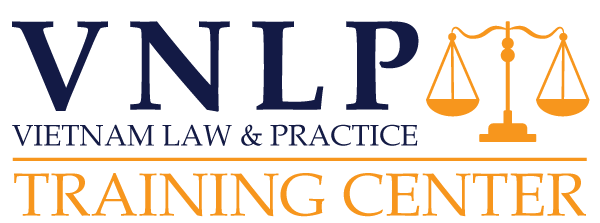For many years of practicing law, every one of us may hear professionalism in law but does not actually comprehend inclusions of such a term. Each one has their own definitions and indicators of what constitutes professionalism.
Professionalism is an individual responsibility. According to Report of the Professionalism Committee, “Teaching and Learning Professionalism,” American Bar Association Section of Legal Education and Admission to the Bar (Aug. 1996), “A professional lawyer is an expert in law pursuing a learned art in service to clients and in the spirit of public service; and engaging in these pursuits as a part of a common calling to promote justice and public good.”
Generally speaking, there is no universal definition or criteria of “legal professionalism”. It is hard to find one-size-fit-all standards, subject to specific jurisdictions and perception. Nonetheless, there are some elements of legal professionalism which are generally accepted around the globe. Taking what Sanford M. Litvack and Jerome J. Shestack contributed in an article entitled “Professionalism” as to further identify significant elements of legal professionalism, whatever the lawyer is in-house counsel or outside counsel.
Elements of professionalism
Here are seven elements of legal professionalism that apply to all lawyers:
- Ethical responsibility.
- Excellence in service to clients.
- Independence.
- Promoting civility and civil relationships.
- Continuing learning.
- Responsibilities to the justice system.
- An obligation to serve the public interest.
Enumerating orders of these elements make no sense. Instead, each has pick up their own order of the elements that fit their perception on professionalism. No matter how far you can pursue your legal career path, you will definitely come across one of these elements. Only few who aspire to stick to these elements will be rewarded and highly respected later when retired. In this observation, the first two elements shall be examined in a nutshell because speaking about professionalism may take an essay or lengthy speech.
Like other professions, lawyers are supposed to abide by their own ethical standards. In doing so, lawyers are trained to establish an ethical mind-set. Said easier than done, ethics is not just a specialty in which you need to be good at. Instead, you should be mindful of the ethical standard during the course of law practice on an ongoing basis. In addition, ethical responsibility requires constant nourishment by keeping learning and perfecting your set of legal skills.
Lawyers and law firms compete head to head for excellence in service to clients. Without a doubt, clients determine where lawyers and law firms stand. According to Sanford M. Litvack and Jerome J. Shestack, excellence is measured by the extent to which a lawyer:
- is specifically expert in the fields of law in which he or she practices;
- performs the techniques of such practice with skill, efficiency, articulation and sound independent judgment;
- takes advantage of advances in the field (such as technology) and emerging issues (such as globalization) and is able to creatively utilize such advances;
- has insight into the personal considerations and sensitivities that underlie many legal endeavors;
- commits the time and resources to carry through the matter undertaken;
- identifies issues beyond his or her competence relevant to the matter undertaken, bringing these to the client’s attention, and helping secure the appropriate assistance, and;
- is intellectually, emotionally, and physically capable of performing the service.
Many more elements are to come when legal profession and legal service markets evolve over years. Keep up with these existing elements and find ways to create more of them to stand out in one’s own field as their legacy is not far from ripe, sooner or later.
- Legal Internship - 8 October, 2024
- Skills vs. Knowledge – Which one is more important for lawyers - 5 October, 2024
- Lawyers’ Mentoring - 1 October, 2024

